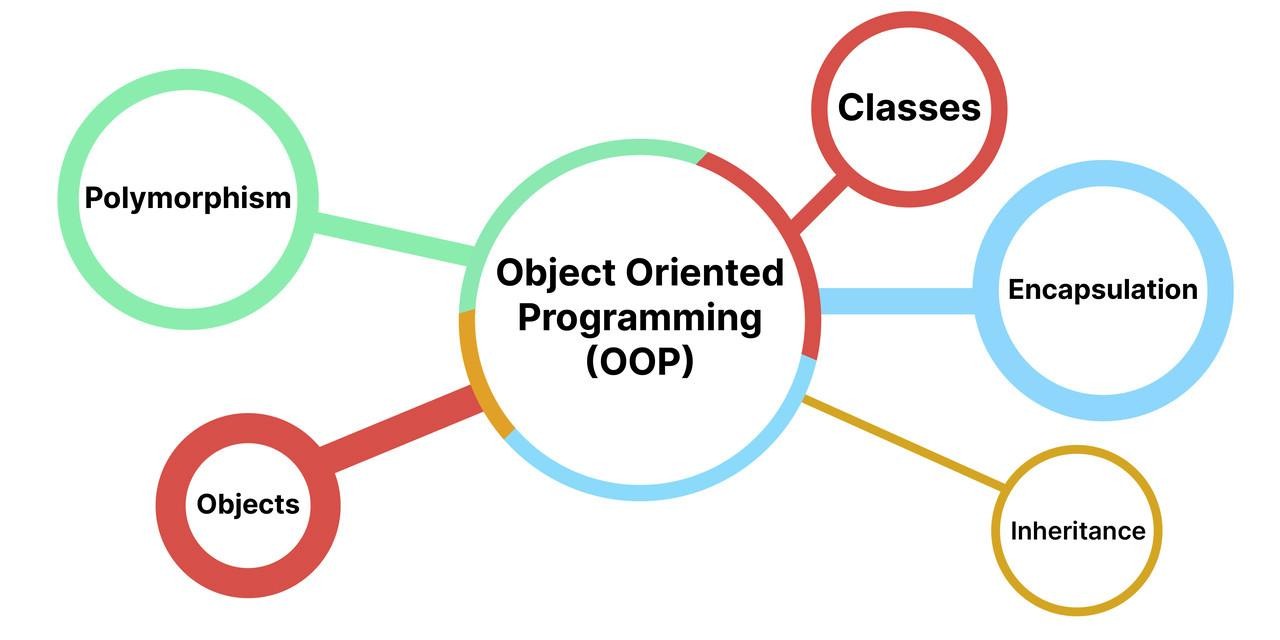OOP is a core concept in modern programming. Here’s what it means and why it matters.

Object-Oriented Programming (OOP) is a paradigm that organizes code into reusable objects containing both data and functions. The four main principles of OOP are:
- Encapsulation – grouping related data and methods into a single unit.
- Inheritance – reusing code by creating new classes based on existing ones.
- Polymorphism – allowing different classes to be used interchangeably.
- Abstraction – hiding complex details and exposing only the necessary parts.
Languages like Java, C++, and Python support OOP, making it easier to manage complex projects, improve code readability, and encourage reusability.

No responses yet